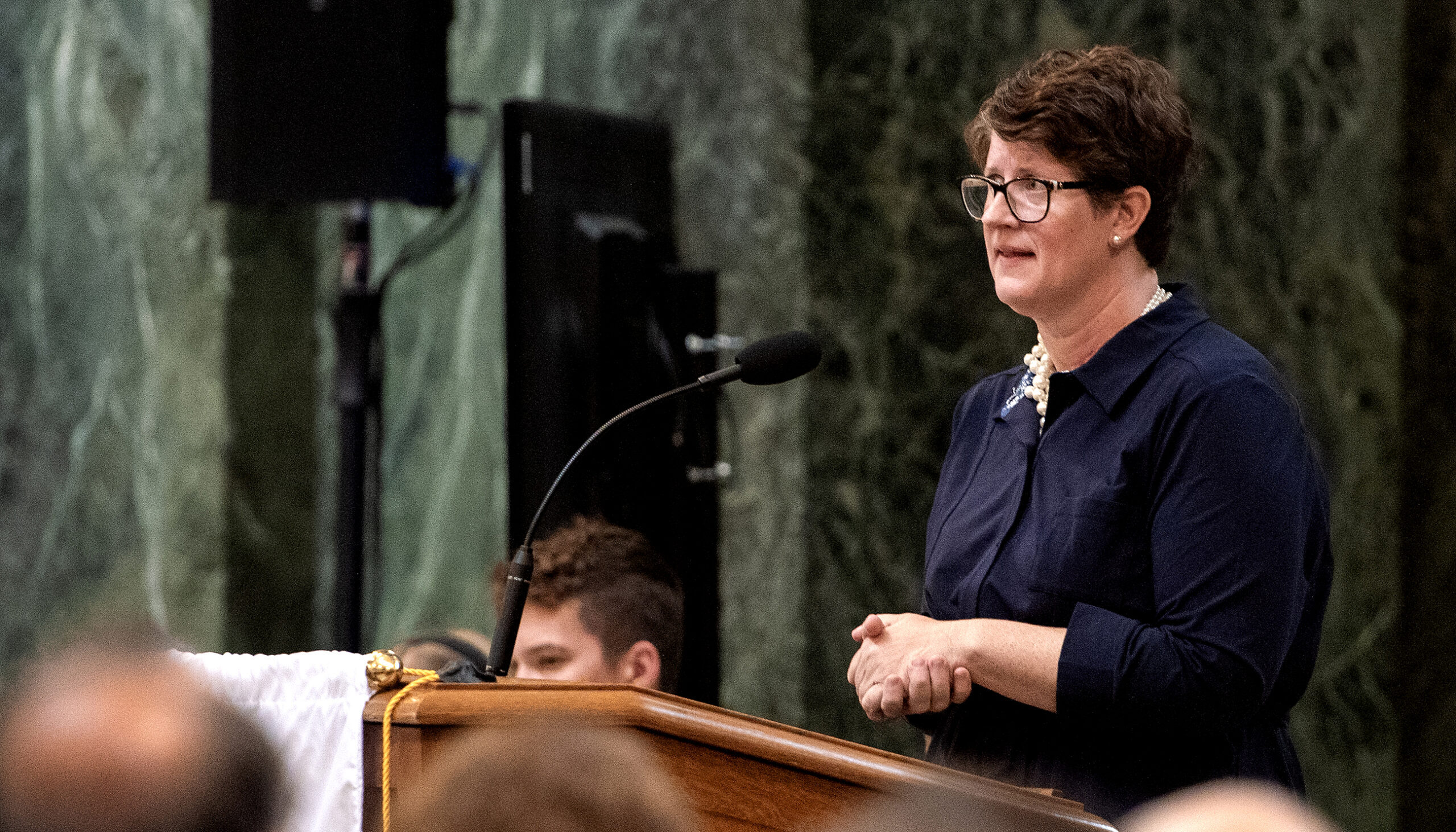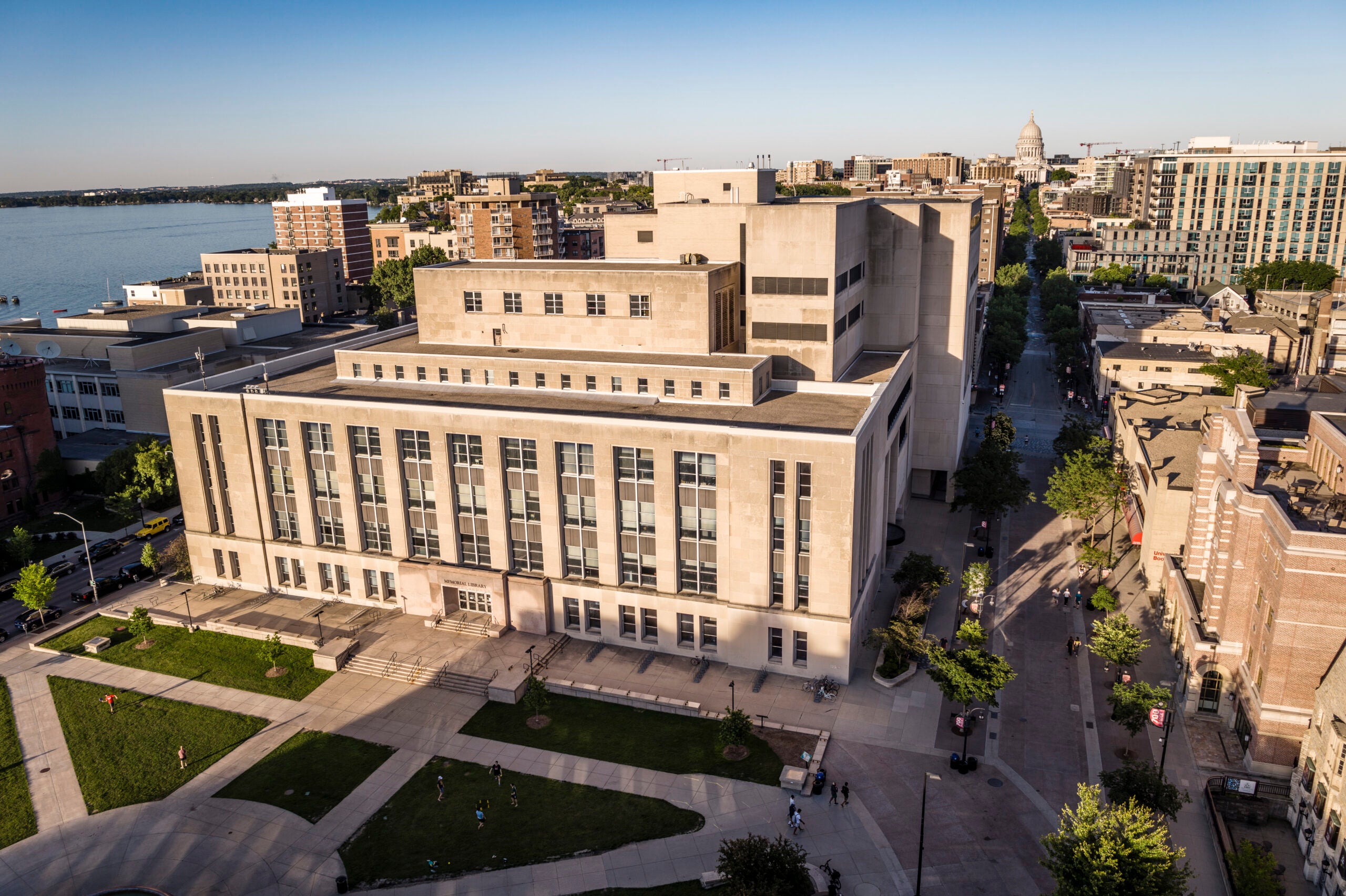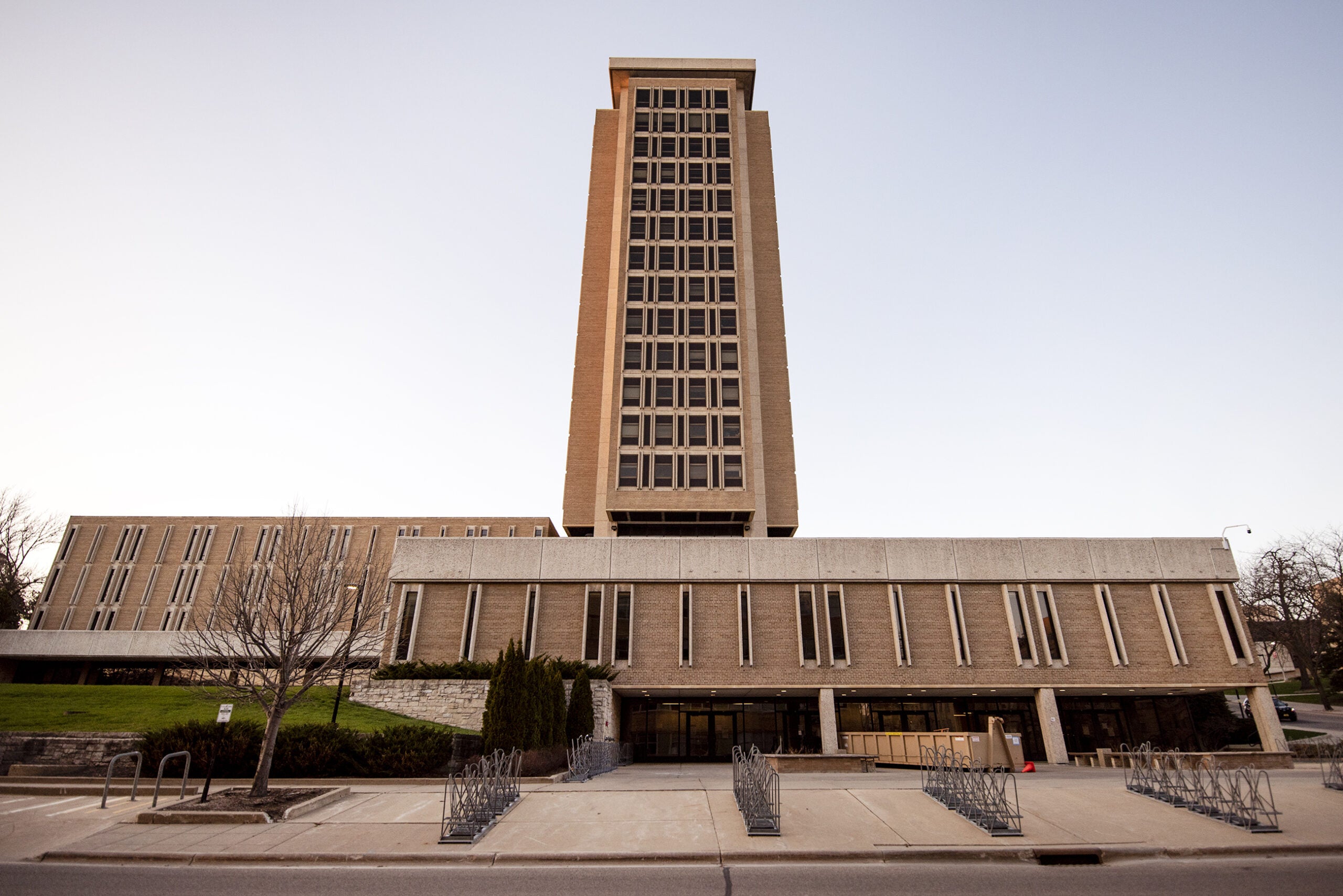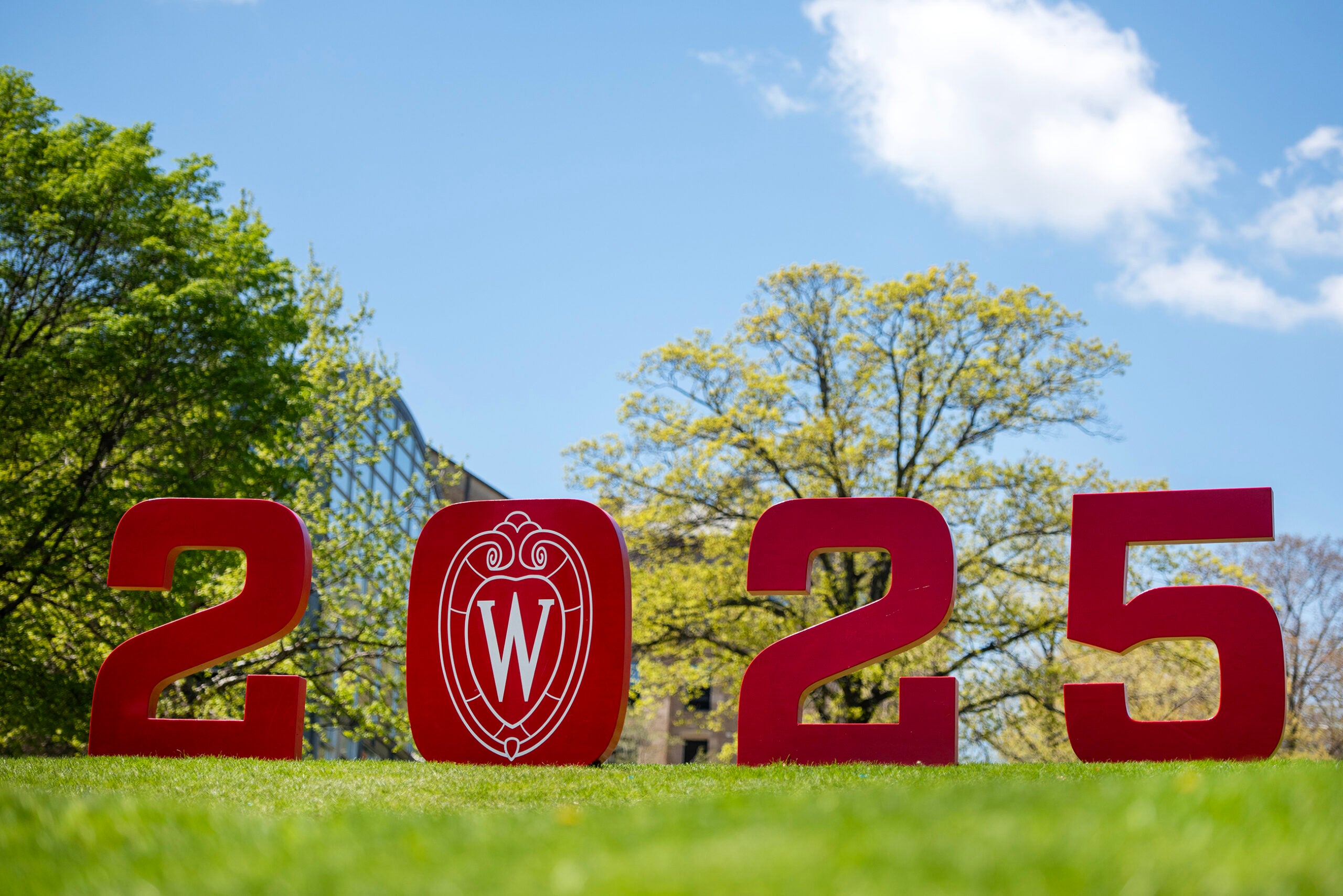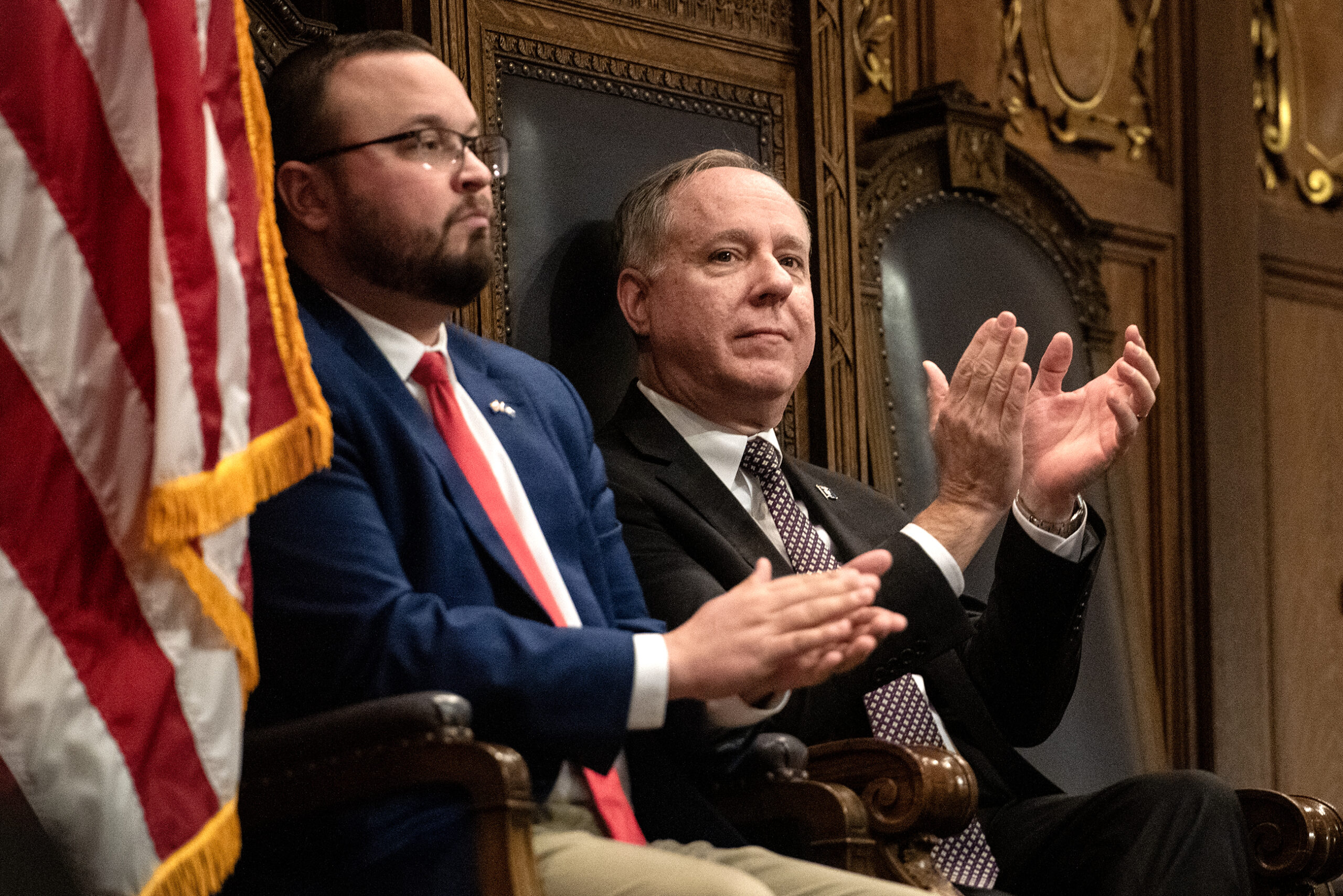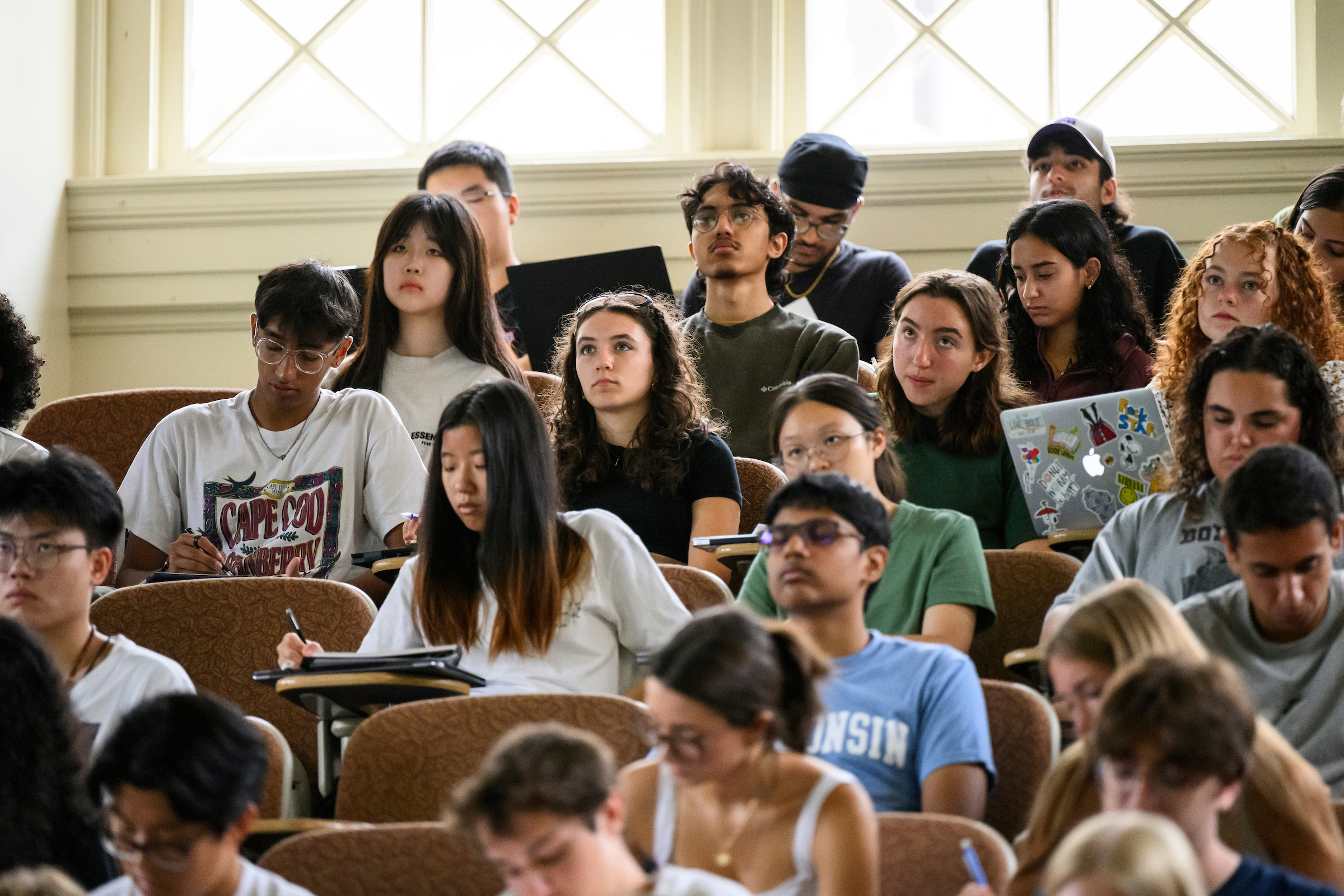Wisconsin State Superintendent Jill Underly said Wednesday she would have voted against the deal the Universites of Wisconsin struck with Assembly Speaker Robin Vos.
Underly, who serves on the Board of Regents in a non-appointed role, did not attend the virtual meeting Dec. 13 where the deal was approved 11-6. She said she was in Europe with “inconsistent internet access.”
The vote released about $800 million for employee raises and building projects already approved in the state budget.
News with a little more humanity
WPR’s “Wisconsin Today” newsletter keeps you connected to the state you love without feeling overwhelmed. No paywall. No agenda. No corporate filter.
In exchange, diversity, equity and inclusion positions have been frozen through 2026 and about 40 existing positions have been cut. UW-Madison is also ending a program aimed at hiring more diverse faculty and staff.
During an interview with WPR’s “The Morning Show” on Wednesday, Underly said her position on DEI has been “very clear throughout her tenure.”
Before the Dec. 13 vote, Underly asked for the regents to reschedule their meeting. She said she was unavailable and wanted to be part of the decision-making. She also said conversations should not be cut short because there was more work to be done.
Even with her “no” vote, the regents would have still approved the deal.
“I respect that process and even though outside forces weren’t respecting that process, I’m deeply committed to DEI efforts, and will continue to champion that work going forward,” Underly said.
Since the vote, Vos said changes at the UW system were just the first step. He has suggested future cuts to DEI positions in state government, including at the Department of Corrections.
The conservative law firm the Wisconsin Institute for Law and Liberty also filed a federal lawsuit Wednesday alleging the State Bar of Wisconsin’s “diversity clerkship program” unconstitutionally discriminates based on race.
When asked about the future of education in light of the regents’ decision and recent efforts to thwart diversity, Underly said these are adult problems being assigned to children.
“Some elected officials — they’re just trying to curb DEI efforts in schools as well as in businesses or in higher education,” Underly said. “At the end of the day, I think we need to realize that we need thriving businesses in our state. Businesses know that the workforce is growing more diverse and that’s why they’re all doing it and they’re being future focused.”
Editor’s note: WPR staff are employees of UW-Madison.
Wisconsin Public Radio, © Copyright 2025, Board of Regents of the University of Wisconsin System and Wisconsin Educational Communications Board.

